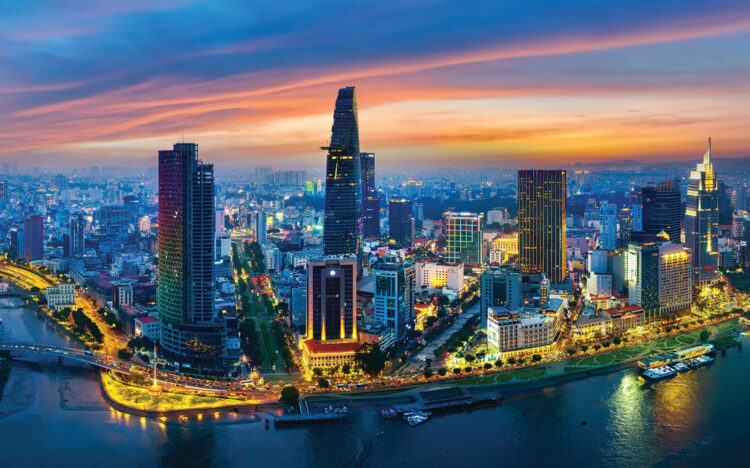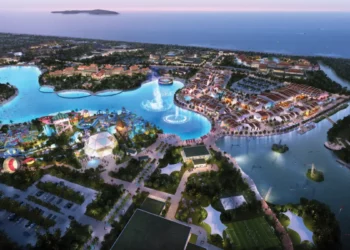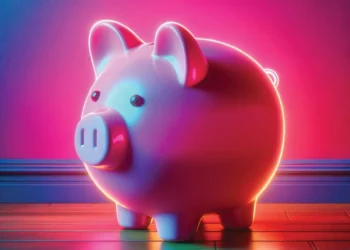Fred Gushin and Paul Bromberg of Spectrum Gaming Group take a look at the state of gaming regulation in Vietnam, which currently lacks any single gaming law, gaming regulatory agency or licensing structure.
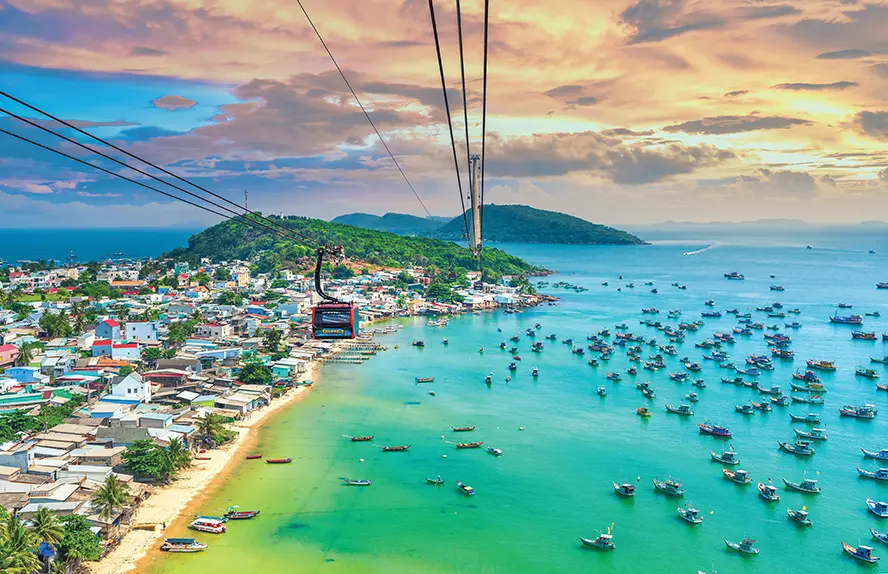 Gambling has generally been illegal for Vietnamese citizens since the reunification of the country in 1975. While online gaming has been clearly defined as being prohibited, traditional lotteries have flourished since their introduction in 1999 with the aim of raising additional finance to fund social development and welfare projects nationwide.
Gambling has generally been illegal for Vietnamese citizens since the reunification of the country in 1975. While online gaming has been clearly defined as being prohibited, traditional lotteries have flourished since their introduction in 1999 with the aim of raising additional finance to fund social development and welfare projects nationwide.
The government approved the first legal casino, Do Son in Hai Phong, in the early 1990s with the goal of adding to the mix of tourism products available to foreign visitors. Following its initial success, more casino projects of various sizes and electronic gaming clubs were authorized due to the large foreign direct investment they bring to the country. Presently there are 10 licensed casinos and 23 electronic gaming clubs in operation. However, all except Corona Casino on Phu Quoc Island remain off-limits to Vietnamese citizens, with only foreign passport holders allowed to play.
Vietnam has the potential to compete with many of the other Asian jurisdictions that have legalized gaming in recent years. Unfortunately, the casino gaming sector has evolved across the country without any formal or obvious strategic planning, and this has had an impact on the country’s international reputation. The most recent evaluation of Vietnam published in 2022 by The Asia/Pacific Group on Money Laundering (APG), the associate body of The Financial Action Task Force (FATF), the global AML watchdog based in Paris, concluded that: “AML/CFT supervision in Vietnam is very limited and the supervision that is conducted is not risk-based. Only the banking, insurance and securities sectors and, to a limited extent, the gaming sector, have been subject to AML/CFT supervision. However, the scope of this supervision has been narrow and violations that have been identified have not been followed-up or sanctioned.”
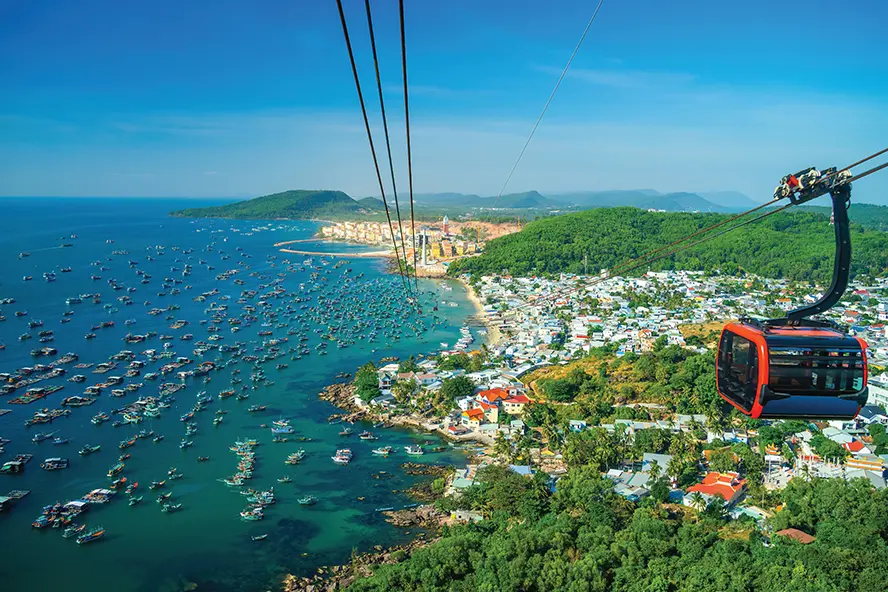 Indeed, Vietnam was added in June 2023 to the “grey list” of money laundering countries maintained by the FATF due to concerns over the country’s increased risk profile related to weapons proliferation. While this is one ostensible AML/CFT risk, Vietnam has also been very slow in addressing regulation of its burgeoning casino industry.
Indeed, Vietnam was added in June 2023 to the “grey list” of money laundering countries maintained by the FATF due to concerns over the country’s increased risk profile related to weapons proliferation. While this is one ostensible AML/CFT risk, Vietnam has also been very slow in addressing regulation of its burgeoning casino industry.
Lack of formal gaming regulatory structure
The organization, operation, facilitation or participation in organized gambling or casino gaming remains illegal in Vietnam, with very specific exceptions, namely the licensed casinos and electronic gaming clubs legally operating across the country. Yet, there is presently no specifically designated national regulatory agency overseeing the gaming industry in Vietnam. Further, there is no universal licensing structure specific to casino gaming that will identify beneficial ownership and keep unsuitable companies or individuals out of the ownership or operation of casinos. The Ministry of Finance (MOF), the Ministry of Public Security, the Office of the Prime Minister and certain provincial authorities are involved in regulation of gambling and prevention of criminal activities involving betting.
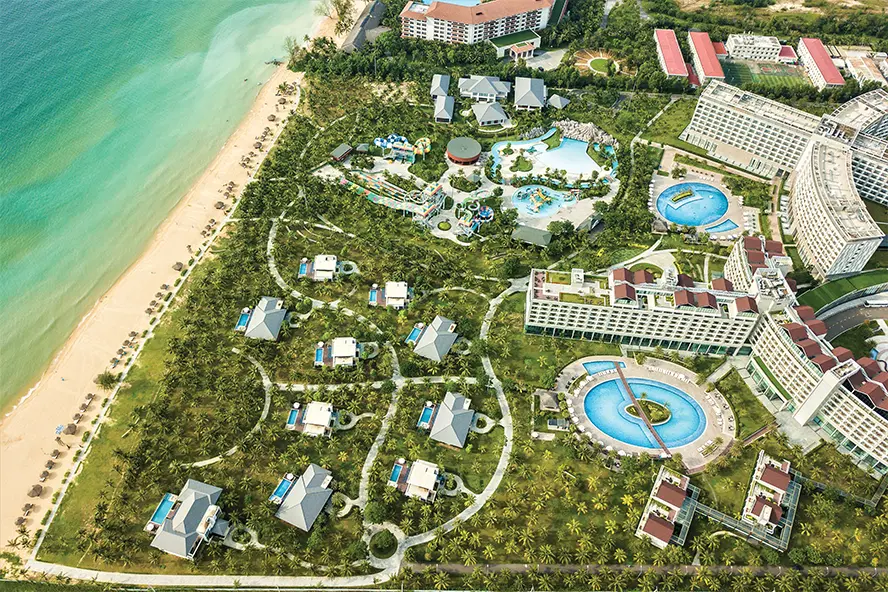
Legislation
Vietnam has no specific casino or gaming law. Rather, casino gaming operations are regulated by a complex mix of laws and executive instruments or decrees.
The casino industry is mainly controlled by Government Decree 03/2017/ND-CP (hereinafter Decree 03), dated 16 January 2017, which came into effect on 15 March 2017. The Preamble to Decree 03 stipulates that casino gaming in Vietnam must operate pursuant to the various associated laws and related Decrees, Circulars, Implementing Guidance, Instructions, and subsequent amendments, alterations, adjustments and annulments to those laws. There are also a number of key government decrees and MOF guidance governing aspects of the casino industry in Vietnam, relating to foreign investment criteria, the casino business and tax collection, administrative penalties for game operations, and foreign exchange management.
Those aspects of casino gaming which are not specifically addressed by Decree 03 itself and the relevant Decrees, Circulars, Implementing Guidance or Instructions, remain governed by the various laws listed in the Preamble to Decree 03 and their subsequent Amendments, Adjustments, Alterations or Annulments.
It should be noted that Chapter II Article 12 of Decree 03 permits Vietnamese citizens entry to play, on a three-year pilot basis, to IR casino floors at properties “… satisfying the requirements in this Decree and approved by the competent authorities.” This pilot programme was scheduled to end in 2022, but has been extended until 2024 due to the COVID-19 pandemic. To date, only the Van Don and Corona Casino projects have been approved for local play, with Van Don reportedly still under construction and only Corona Casino on Phu Quoc Island open to Vietnamese citizens, who are willing to pay the entry fee and satisfy the specific entry requirements, including providing identification and proof of income.
Electronic gaming clubs, offering electronic gaming to foreign passport holders only, are permitted to operate in 4 and 5-star hotels predominately located in tourist destinations.
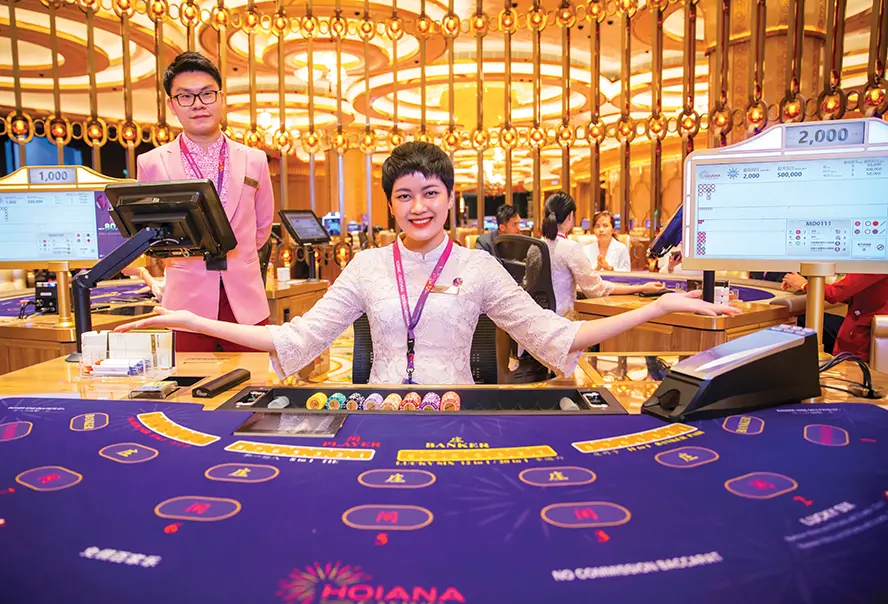 Junket Business
Junket Business
Under the Vietnamese Penal Code of 1 January 2018, it remains a crime to arrange, organize or abet the arrangement or organization of gambling. Moreover, there continues to be no specific government legislation or regulation governing junket operations in Vietnam. Junket operators are not subject to licensure, and junket contracts are negotiated on a case-by-case basis between the junket operator and the casino. In effect, junket operations in Vietnam are not specifically permitted nor prohibited under existing legislation. Chapter V Article 37 Clause 1 of Decree 03 restricts “advertising of activities relevant to casino business” to “only enterprises having the Certificates of Eligibility for casino business.” This would appear to prohibit third-party Vietnamese junket operators from marketing and promoting Vietnamese casinos to foreign VIP clients. Yet, junket operators are critically important to many casinos in Vietnam. Indeed, the Hoiana Integrated Resort in Hoi An was built specifically by Suncity Group, formerly the largest junket operator in Asia, with an eye to servicing Suncity clients.
Time for reorganization
Despite the existence of casinos in Vietnam for around 30 years, there is presently no single gaming law, gaming regulatory agency or licensing structure in place. The government has seemingly been more concerned with attracting foreign investment – regardless of the background of the investors or source of funding – rather than implementing any form of regulatory structure or licensing regime.
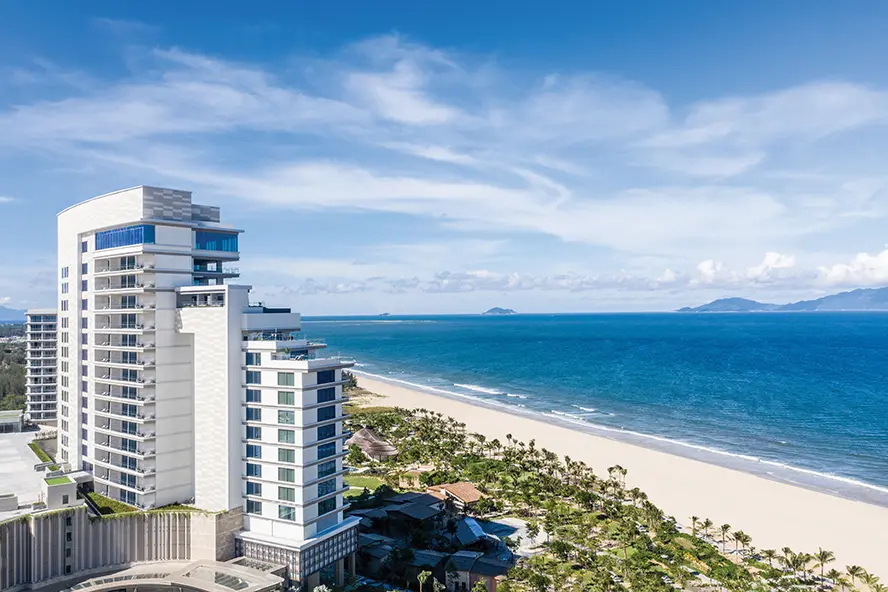
Given the growth of the gaming industry in Vietnam and the possibility that local play might be extended further, now seems like an appropriate time for the Vietnamese authorities to transition from a casino industry that has evolved without focused government supervision to a formal industry overseen by a single gaming regulator, operating under a consolidated legislative framework, that will hold casinos, their owners and employees, as well as junket operators, to well-defined regulatory standards.






